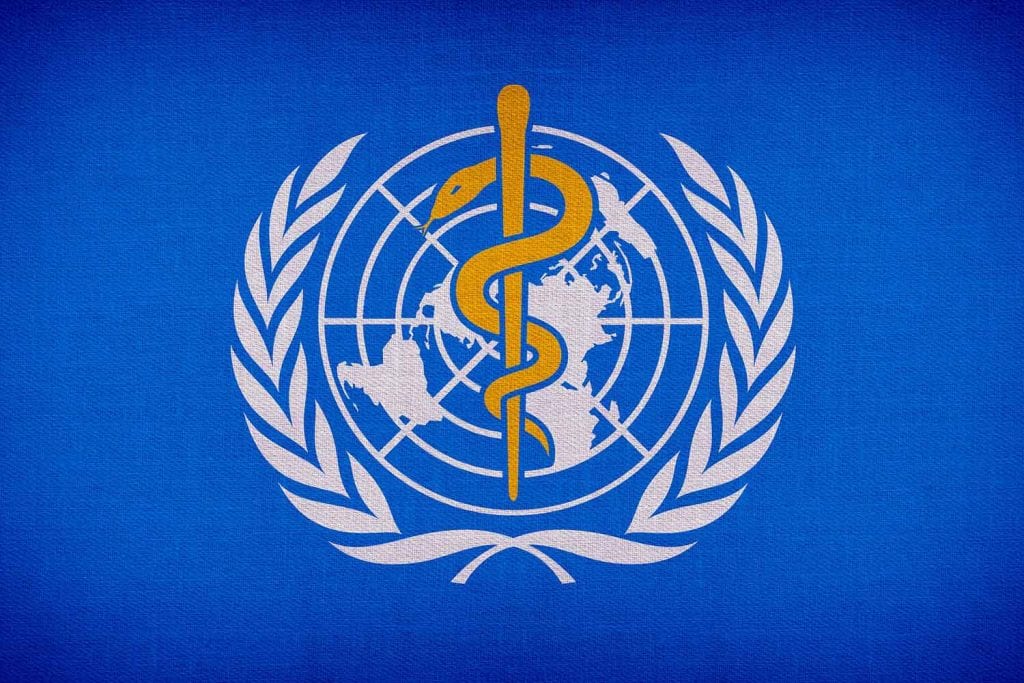
The World Health Organization (WHO) has reminded its member states of their tobacco obligations under the Framework Convention of Tobacco Control (FCTC) in relation to heat-not-burn products (HNB).
“Heated tobacco products are tobacco products, meaning that the WHO FCTC fully applies to these products. [Rules] obliges Parties, to prohibit ‘all forms of tobacco advertising, promotion and sponsorship that promote a tobacco product by any means that are false, misleading or deceptive or likely to create an erroneous impression about its characteristics, health effects, hazards or emissions,” the health body wrote in a statement.
The WHO claims that reducing exposure to harmful chemicals in HNB products does not render them harmless, nor does it translate to reduced risk to human health. “Indeed, some toxins are present at higher levels in [HNB] aerosols than in conventional cigarette smoke, and there are some additional toxins present in [HNB] aerosols that are not present in conventional cigarette smoke,” the WHO wrote. The organization also claims that the health implications of exposure to HNB products are unknown.
The WHO statement comes after the U.S. Food and Drug Administration (FDA) authorized Philip Morris International to make a modified exposure claim about its IQOS HNB device in the United States.
The WHO says there is no proof that HNB products are safer than cigarettes. “Given that health may be affected by exposure to additional toxins when using [HNB], claims that [HNB] products reduce exposure to harmful chemicals relative to conventional cigarettes may be misleading.
“Moreover, the relevant orders grant a temporary market authorization within the U.S. and are based on factors specific to the US, which is not a Party to the WHO Framework Convention on Tobacco Control.”











